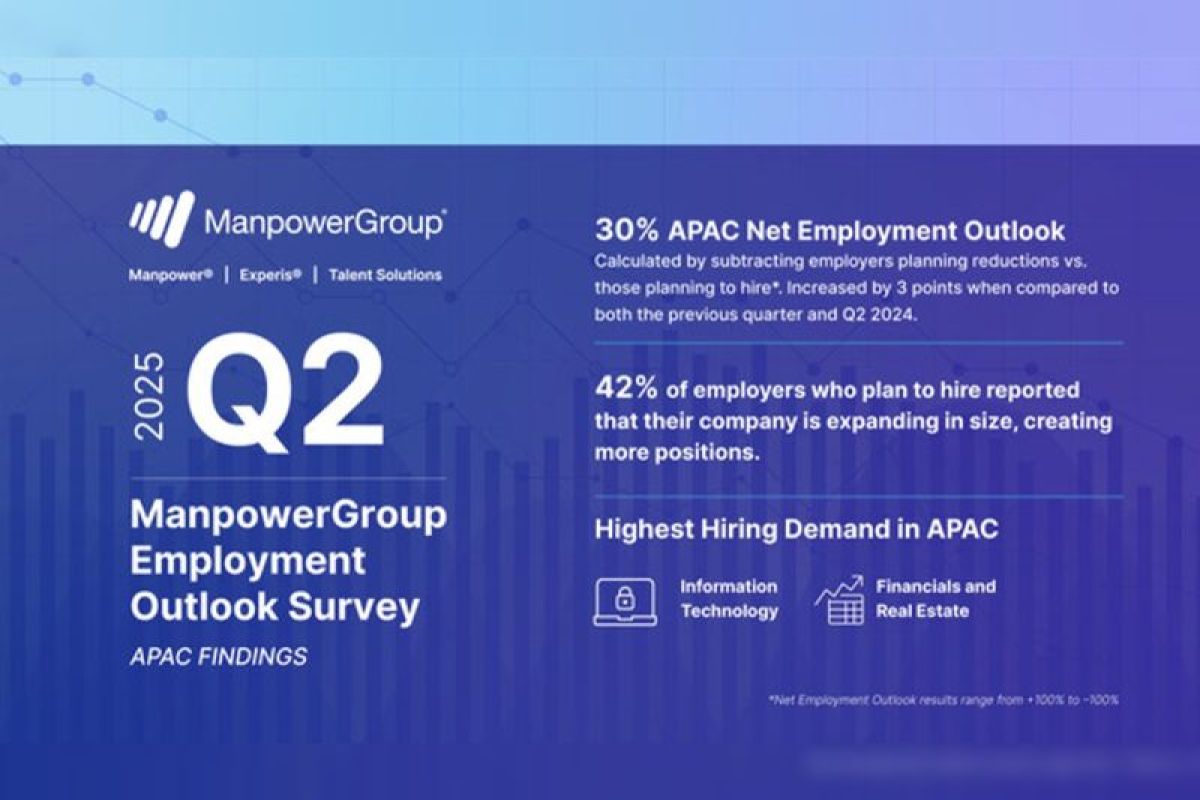Jakarta (ANTARA) - Manpower Minister Yassierli has underlined the critical importance of strengthening workforce skills to tackle global challenges and accelerate the transition to a green economy."Indonesia has enormous potential to develop the electric vehicle industry. But without a skilled and adaptive workforce, that potential will go to waste," he said in a statement issued on Thursday.
He emphasized that collaboration between stakeholders is a vital step toward improving human resource quality, especially in the strategic electric vehicle (EV) sector, which is projected to grow rapidly.
Such partnerships, he added, help align workers' skills with industry demands.
To date, nearly 300 instructors have been trained to deliver creative, IT-driven, and Industry 4.0-based training at vocational centers across the country.
"With strong support from various partners, we believe this training can not only reduce unemployment but also open the door to a sustainable and inclusive employment future," Yassierli said.
Baca juga: Ministries collaborate to open overseas jobs, protect workers
One such partnership is with PT Chery Sales Indonesia (CSI), a subsidiary of China’s Chery Group. The Manpower Ministry and CSI recently signed a memorandum of understanding (MoU) to develop a curriculum, provide facilities and instructors, and implement competency-based training in the automotive and electronics sectors.
As part of the agreement, the second phase of the Automotive-Electric Vehicle (EV) Vocational Workshop and Competency-Based Training (PBK) for 2025 has been launched at the Center for Vocational Training and Productivity (BBPVP) in Bekasi, West Java.
Baca juga: Manpower Ministry assures wage subsidy will be disbursed soon
Yassierli said the initiative is expected to deliver both short-term benefits and long-term impacts by strengthening the domestic workforce and laying the groundwork for a clean energy-based automotive ecosystem.
Meanwhile, CSI CEO Zheng Shuo highlighted the importance of reskilling to meet the needs of the EV sector, which is expected to dominate the Indonesian auto market by 2030.
"With proper training, it takes only one to two weeks for a conventional auto technician to adapt to electric vehicle technology," he explained.









